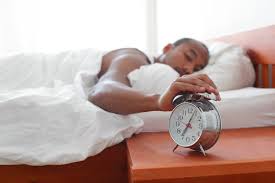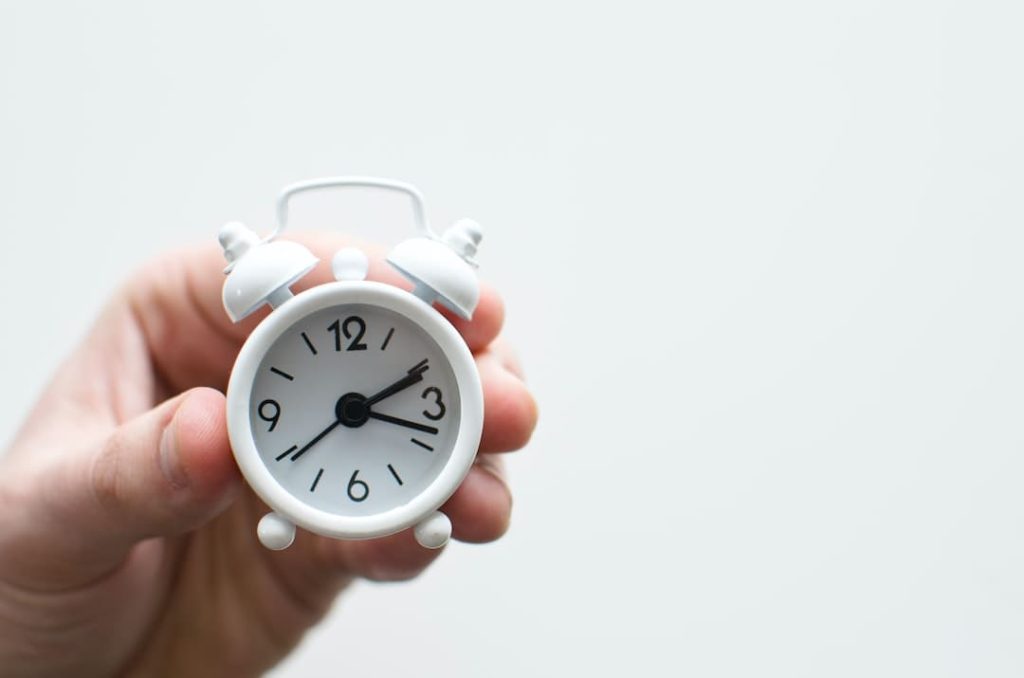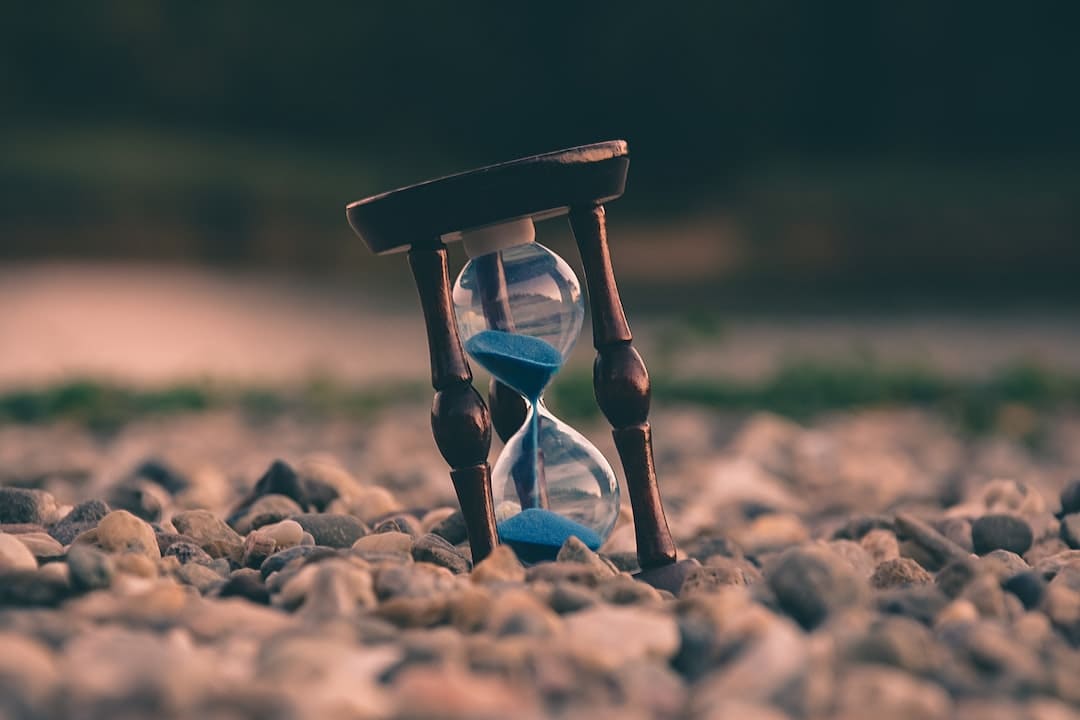The best time to drink coffee to stay awake at night is about 30 to 60 minutes before you need to be alert. This allows time for the caffeine to kick in. Be cautious of potential sleep disturbances later on.
Coffee, a staple beverage for many, is often consumed without much thought about its timing. This article delves into the optimal times to drink coffee and the reasons behind it. Understanding the relationship between coffee, caffeine, and our bodies can significantly impact our sleep quality, energy levels, and overall well-being.
The Science Behind Drinking Caffeine
Caffeine works by blocking the action of a natural brain chemical that is associated with sleep. The stimulating effects of caffeine can boost alertness, but this can also interfere with your sleep cycle if consumed late in the day. It’s essential to consider not just the amount, but also the time of day you consume caffeine.
How Long Does Caffeine Keep You Awake?
The half-life of caffeine, or the time it takes for half of the caffeine to be eliminated from your body, can vary greatly among individuals. For most people, it ranges from 3 to 5 hours. This means that consuming caffeine late in the afternoon or evening can significantly affect your nighttime sleep.
Identifying the Best Time to Drink Coffee

Understanding Your Body Clock
To determine the best time to drink coffee to stay awake at night? consider your circadian rhythm or internal body clock. This rhythm influences your sleep-wake cycle, hormone release, and other bodily functions. Typically, cortisol, a hormone that helps you feel alert, peaks in the morning. Drinking coffee when your cortisol levels are high (usually between 8 AM and 9 AM) might be less effective. Thus, mid-morning or early afternoon are often considered optimal times for your first cup.
Timing and Tolerance
The timing also depends on individual tolerance and schedule. If you wake up very early or work night shifts, your ideal coffee time might differ. Assess how coffee affects you personally – some might feel jittery if they drink it first thing in the morning, while others might need it to kickstart their day.
The Effects of Caffeine on Sleep
Disruption of Sleep Cycle
Caffeine can significantly impact sleep quality by interfering with deep sleep, the most restorative sleep phase. This interference can lead to a feeling of not being well-rested, even after a full night’s sleep.
Delay in Sleep Onset
Caffeine can delay the timing of your body clock, pushing back the onset of sleep. This means if you consume caffeine late in the day, you might find it harder to fall asleep at your usual time.
How Much Coffee Should You Drink Daily?
Recommended Daily Limit
For most adults, consuming up to 400 mg of caffeine per day is considered safe. This equates to about three to four 8-ounce cups of coffee, depending on the coffee’s strength and brewing method.
Personal Sensitivity
However, sensitivity to caffeine varies. Some people might experience sleep disturbances even with low caffeine intake. It’s crucial to listen to your body and adjust accordingly. Also, remember to account for other sources of caffeine like tea, soft drinks, and chocolate.
When to Stop Drinking Caffeine for Better Sleep

Ideal Cut-off Time
A general rule of thumb is to avoid caffeine at least six hours before bedtime. For instance, if you go to bed at 10 PM, try to have your last caffeinated drink by 4 PM. This time frame helps ensure that the caffeine has mostly left your system by the time you’re ready to sleep.
Individual Differences
Some people may need an even longer buffer period, especially if they are particularly sensitive to caffeine. It’s advisable to experiment and find a cut-off time that works best for your sleep patterns. If you’re facing persistent sleep issues, it might be worth reducing caffeine intake or avoiding it altogether in the late afternoon and evening.
The Role of Coffee in Sleep Hygiene
Incorporating coffee into a balanced sleep schedule is important. Be mindful of when you drink your coffee and how it affects your sleep. Creating a personalized sleep profile that includes coffee consumption can help you understand its impact on your sleep.
Coffee and Sleep Disorders: What to Know
For those with sleep disorders or problems, it’s even more crucial to monitor caffeine intake. Caffeine can exacerbate sleep problems and should be consumed with caution. Consulting with a healthcare professional about your coffee habits can be beneficial.
Crafting a Coffee Ritual for Quality Sleep
Creating a coffee ritual that aligns with your sleep schedule can be a great way to enjoy coffee without affecting your sleep. Consider drinking coffee only in the morning and switch to decaffeinated beverages in the afternoon and evening.
Key Takeaways
- Limit caffeine intake to 400 mg per day.
- Drink coffee in the morning or early afternoon.
- Avoid caffeine at least 6 hours before bed.
- Monitor your caffeine sensitivity and adjust intake accordingly.
- Create a coffee ritual that promotes quality sleep.
Q: How does coffee consumption affect sleep?
A: Coffee consumption, especially close to bedtime, can disrupt sleep patterns and lead to sleep problems. Caffeine is a stimulant that can interfere with falling asleep and reduce the overall quality of sleep. Individuals who are sensitive to caffeine may experience these effects even if they consume coffee earlier in the day.
Q: How long before bed should you stop drinking coffee?
A: To prevent caffeine from interfering with sleep, it is recommended to stop consuming coffee at least 6 hours before bedtime. This allows the body enough time to metabolize and eliminate the caffeine, reducing its potential impact on sleep.
Q: How does caffeine consumption late in the day affect sleep?
A: Consuming caffeine late in the day, especially in the evening or close to bedtime, is likely to disrupt sleep. Even a small dose of caffeine can interfere with falling asleep and result in a restless night, particularly for individuals who are susceptible to the effects of caffeine.
Q: What are the effects of caffeine on sleep?
A: Caffeine can reduce the ability to fall asleep, decrease total sleep time, and lead to more fragmented and lighter sleep. It can also increase the number of awakenings during the night, contributing to sleep disturbances and a less restful sleep experience.
Q: Can consuming too much caffeine have a negative impact on sleep?
A: Yes, consuming excessive amounts of caffeine can lead to sleep problems. It is important to be mindful of the total caffeine intake throughout the day, as high levels of caffeine can contribute to sleep issues and may take a toll on overall sleep quality.
Q: Is it advisable for adults to consume caffeine daily?
A: While it is common for adults to consume caffeine, especially in the form of coffee, moderation is key to minimize its impact on sleep. Daily consumption of caffeine should be approached with caution, and individuals should be mindful of the timing and quantity of caffeine intake to support healthy sleep patterns.
Q: Can caffeine consumption interfere with sleep-promoting activities?
A: Yes, excessive caffeine consumption, especially close to bedtime, can interfere with sleep-promoting activities such as establishing a consistent sleep schedule, practicing relaxation techniques, and creating a sleep-friendly environment. Limiting caffeine intake can contribute to better sleep habits and improved sleep quality.
Q: How does caffeine make you feel sleepy or alert?
A: Caffeine is a stimulant that can make you feel more alert and awake by blocking the action of a neurotransmitter called adenosine, which is associated with promoting sleep and relaxation. However, as the effects of caffeine wear off, individuals may experience a “crash” and feel more sleepy as the stimulating effects diminish.


Leave a Reply